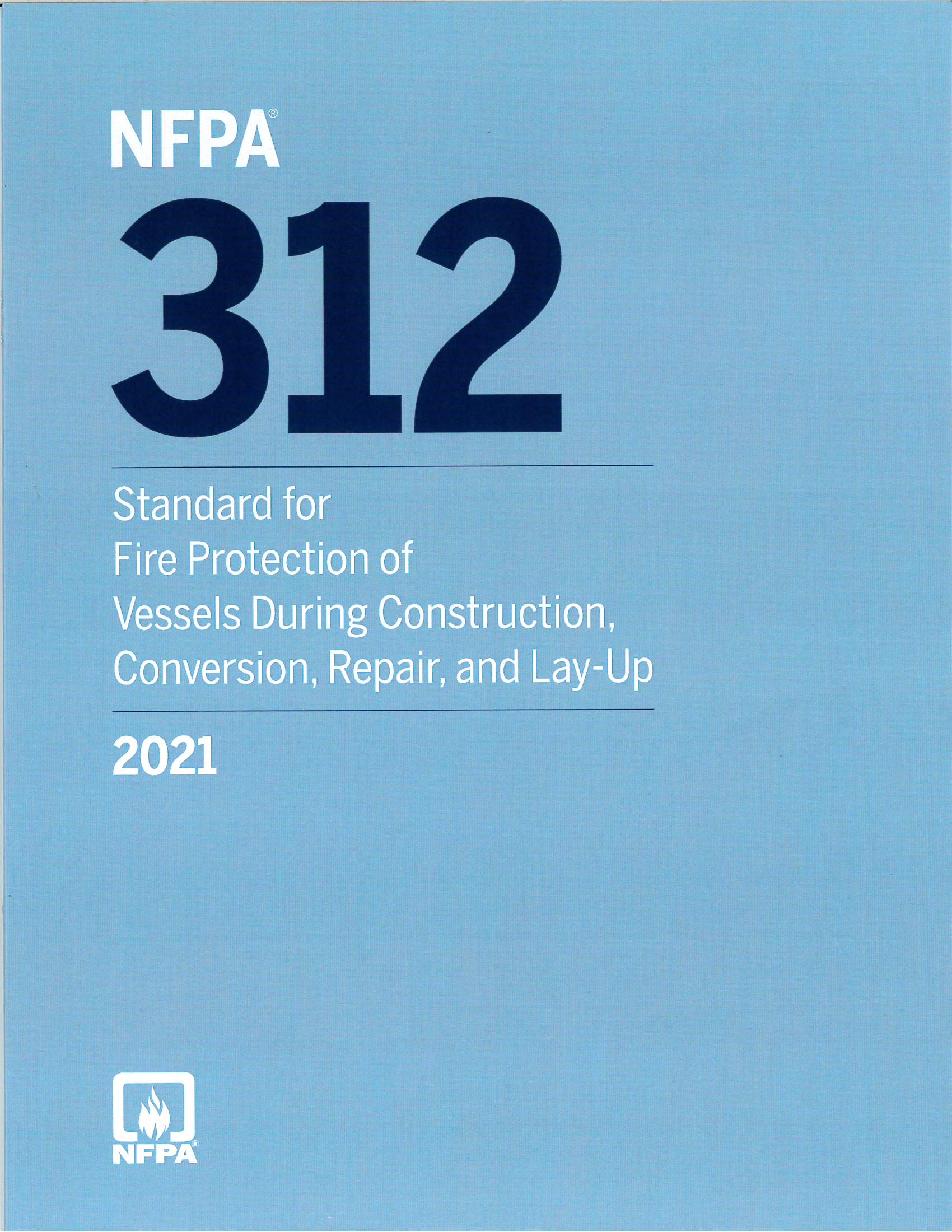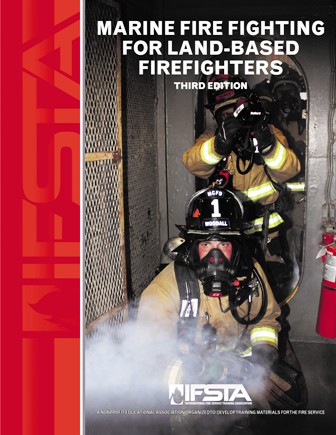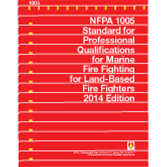NFPA 306 spells out where combustible and flammable materials are present on marine vessels — and safety precautions for entry and work in confined spaces.
Gas hazards present considerable fire protection and life safety issues for marine vessels, shipyards, and waterfront facilities. NFPA 306, Standard for the Control of Gas Hazards on Vessels codifies a set of requirements to mitigate the dangers that may come with concentrations of combustible, flammable, or toxic liquids, gases, chemicals, or vapors.
NFPA 306 is essential for safety before and during work aboard.
The standard prescribes the minimum requirements necessary for entry and work in confined spaces on marine vessels and waterfront facilities. It applies to vessels during construction, alteration, repair, and shipbreaking, as well as land-side confined spaces (whether stationary or mobile) located within the boundaries of the shipyard or vessel repair or other waterfront facility. NFPA 306 requirements also help you determine when a marine chemist is required, how a marine certificate is issued and maintained, and what to expect during an inspection.
Activities that fall within the purview of this standard include:
- Application or removal of protective coatings
- Riveting
- Welding
- Burning
- Other fire-producing operations
Revised to closely align with U.S. Coast Guard and OSHA regulations, the 2019 edition presents technical changes such as:
- A new definition for the term waterfront facility, drawn from U.S. Coast Guard regulation 33 CFR 6.01-4
- New coverage of the hazards associated with hot work in, on, and adjacent to ammunition spaces, through references for applicable publications issued by the S. Navy, Naval Sea Systems Command (NAVSEA)
- Clarification that the determination of conditions for the purpose of issuing a Marine Chemist’s Certificate must exist at the time of the Marine Chemist's tests and inspection
- New mandates that if a space is designated “Inerted” it must also be designated “Not Safe for Workers.” Depending on the scope of work, it must designated “Safe for Hot Work” or “Safe for Limited Hot Work” as applicable.
- A new requirement that the Marine Chemist’s name and a contact number must be noted on the certificate -- emphasizing that a change of the conditions that affect the safety of work authorized by a Marine Chemist’s Certificate must be communicated to the Marine Chemist.
- In addition, Chapter 9 now applies to flammable cryogenic liquids that are carried as both cargo and as fuel, in response to the growth of marine vessels fueled by liquefied natural gas (LNG).
Follow the most comprehensive provisions on gas hazards present on marine vessels and contained within shipyards.
Stay up to date with comprehensive provisions on gas hazards present on marine vessels and within shipyards and waterfront facilities. Order NFPA 306 to help protect your shipyard employees and contractors from injury.





